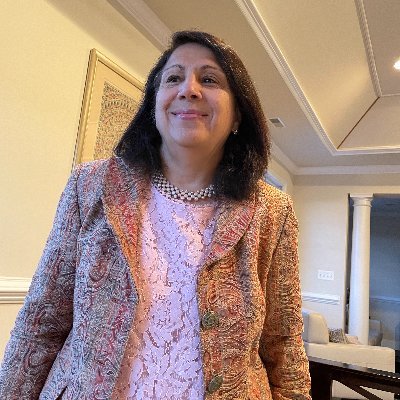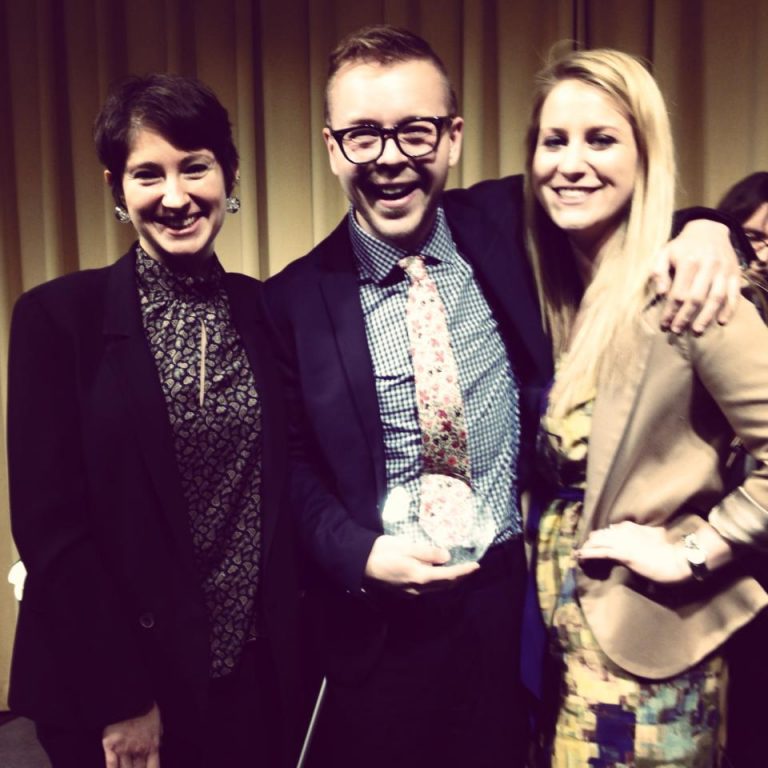Is this your first play? Give us a quick description of it.
Nishi Chawla: I have spent the last five years researching and writing three history plays.Technically, this is the second play I have written, although this will be the first one to be staged. My play, INDIRA,focuses on some personal aspects of the life of the former Prime minister of India, Indira Gandhi.
The play is hinged on a simple theme – the concept of idealism. I have tried to explore the concept of idealism through the character of Indira Gandhi who is not seen in the play at all until only toward the end.
I have examined Indira’s life in phases, from her childhood (which reveals some of the most core elements of her personality), to womanhood, to older age and her death. I hope to offer a glimpse into a more personal Indira, including her vulnerabilities and her raw spots. I have tried to attribute Mme Gandhi’s decisions—many unpopular—to the double-edged sword that is idealism. Finally, I have tried to dissect a female leader for who she is and how she is perceived. I believe that female leadership is a unique animal, viciously scrutinized for its inability to fit the historic mold of male-dominated institutions. I have tried to make Indira a human being, and, in so doing, expose the double standards we apply to women in leadership. However, as a playwright, my primary emphasis remains on making my reader/audience re-examine the dynamics of Idealism as a philosophical concept.
I have also rejuvenated the concept of the Chorus that I have used for my own creative purposes in my play. The Chorus comments on the action as well as offers a unique lens on the life and personality of Indira. The play has the overtones of a Greek tragedy with a protagonist who is placed in a high position, and who has her own ‘fatal’ flaws.
Indira as the person and phenomenon has intrigued many people.My play reveals her as someone we loved and admired and who many eventually despised because she created a personality cult that destroyed a lot of good that she stood for. I hope my play will help us understand her as a person.
MS: Is the subject of Indira Gandhi related to your scholarly research?
NC: I am a writer and an academic. While I have been teaching for the past 35 years, the themes of my plays do not concern my scholarly research. I have, of course, had to engage in extensive scholarly research in order to write my three history plays that include INDIRA.
MS: Where are you teaching now? What do you teach?
NC: I am teaching online Literature and Composition courses for University of Maryland University College, Md, and for Thomas Edison State College, New Jersey.
MS: You received your Ph.D. in English at GW in 1996. What did you write your thesis about? Were there faculty members who had a particular influence on you?
NC: My Ph.D. thesis was on the “Body in Samuel Beckett’s Writings.” Professor James Maddox directed my Ph.D. dissertation, and so naturally, he had the most direct impact on my life as a Ph.D. student at GWU. Prof Maddox has a razor sharp intellect, and he helped me tremendously in staying focused on my dissertation.
MS: Do you have any advice for those of our majors who might be thinking about graduate school in English, or in another subject in the humanities?
NC: I do not like to offer any advice ever. I do know that it is hard to stay motivated when you are earning much less but are smarter than many with a business degree. However, life has its own trade- offs. If money is the most important goal of your life, then it is worth considering other options.I
MS: You have been active both as a scholar and a creative writer. How have you managed both? Have you taken any creative writing courses?
NC: I would have burned off as a scholar sooner had my creative pursuits not kept me alive. No, I have never taken any creative writing courses. I have taught Creative Writing a couple of times at UMUC, and gained a lot more than I could impart.
 MS: Does your play take on the question of the present and future of India? Comment on the current state of the country.
MS: Does your play take on the question of the present and future of India? Comment on the current state of the country.
NC: Sure, my play may have its own subtle resonances against the future and the present state of Indian leadership. While democracy in India is thriving, and even as India finds itself at crossroads, its people need to remember the lessons of the past. A strong leader like Indira was instrumental in protecting the tide of separatism from overwhelming a huge nation fraught with so many contradictions. While Mme Gandhi paid for it with her own life, my play does not in any way aim to glorify her or make a martyr out of her actions.
Mme Gandhi did act in an extremely autocratic manner in imposing the emergency. She earned the wrath of her own people for this. While my play in no way tries to criticize her for it, it does raise questions about how Indians cannot take their own freedom for granted.
Contemporary India has seen the vision of a rising India. One of the major challenges in this glimpse of social and economic empowerment is the issue of how the country treats its own women. I have always believed that a nation should be judged by how well it respects its women. And the subject of women in leadership positions is crucial to this – if women leaders are misjudged or judged by a different set of moral standards, then how can that nation be fair to the rest of its womankind? At this critical juncture in its long history, India needs leaders who can rally the nation and inspire and infuse it with promise, confidence, and idealism.

 MS: Does your play take on the question of the present and future of India? Comment on the current state of the country.
MS: Does your play take on the question of the present and future of India? Comment on the current state of the country.





